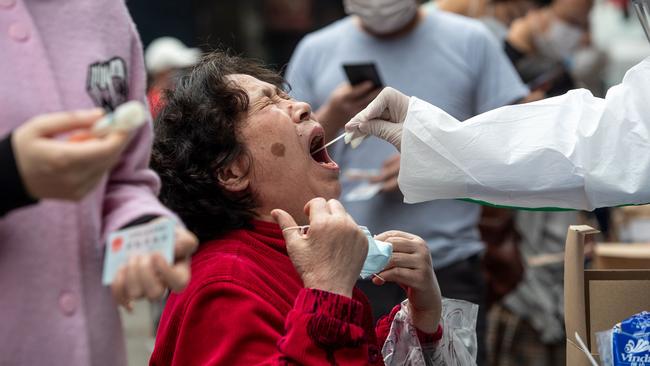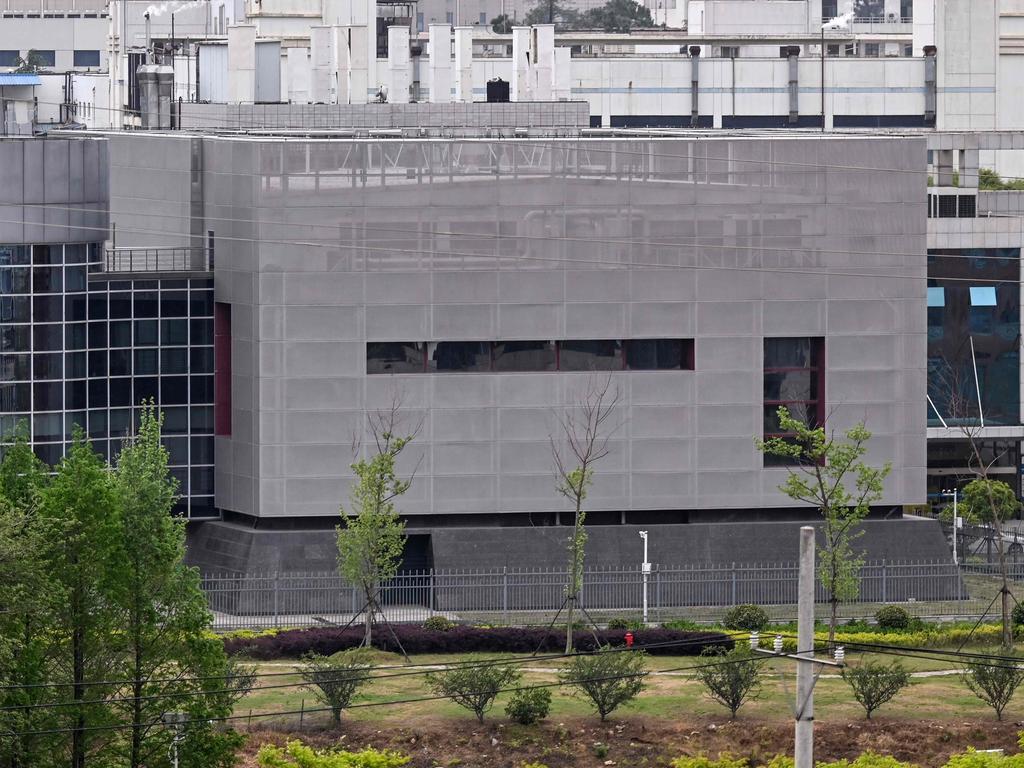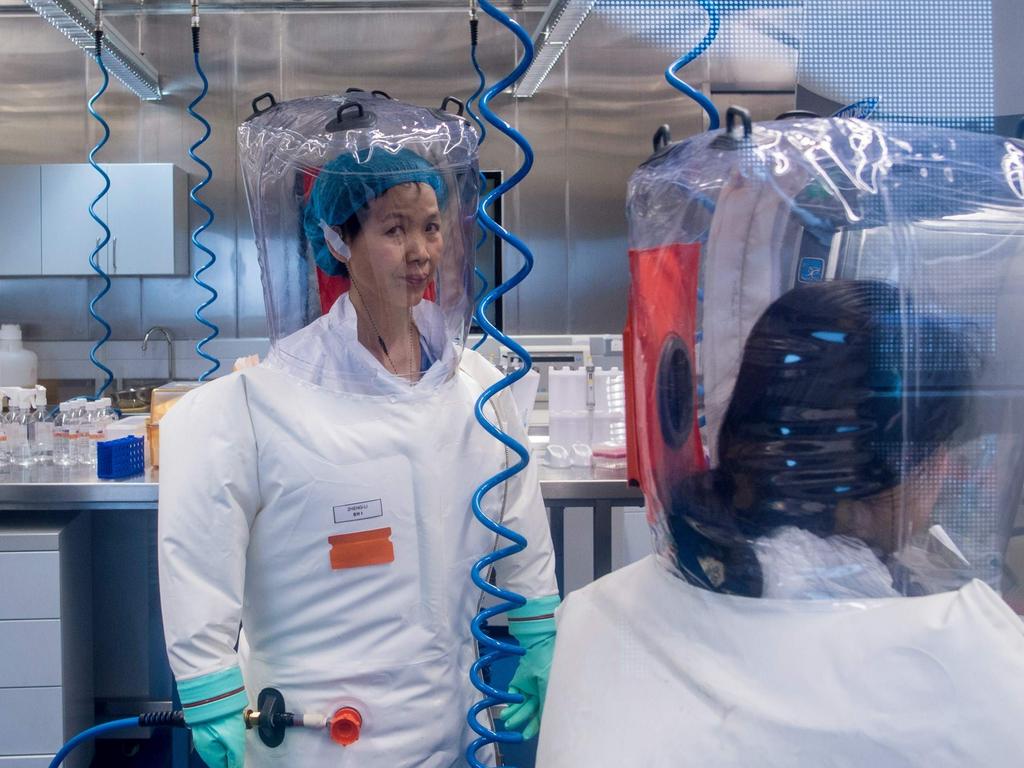Coronavirus: Wuhan infections spark fears of second wave
Wuhan is a city back on edge after six new infections prompted fears of a second outbreak.

Five weeks after emerging from lockdown, the birthplace of the coronavirus pandemic has launched a mass testing program after six new infections prompted fears of a second outbreak.
Wuhan residents lined up at the weekend to have throat swabs taken by medical workers in hazmat suits at makeshift centres in car parks, public parks and residential compounds in the central Chinese city.
Many feared the return of the virus that appeared there late last year. Some had another worry: that they could be exposed to a risk of infection as social distancing rules slipped and nurses conducted tests without changing gloves.
Officials have claimed testing the population of 11 million would be completed in just 10 days. But although three million people have reportedly been screened since lockdown, about 800,000 tests a day would be required to meet that target. Wuhan has only a daily capacity for 100,000, according to state media.
The deadline is Friday, when the National People’s Congress, China’s rubber-stamp parliament, meets in Beijing and hails victory in the “people’s war” against the virus under President Xi Jinping.
But a very different story is chronicled by Wang Fang, the author who became known as the “voice of Wuhan” for her online diary of life under lockdown. Her visceral account was read by millions in China each day before censors could delete her postings.
Now, to the fury of Beijing, it will reach a global audience after it was published in English by HarperCollins as Wuhan Diary: Dispatches from a Quarantined City.
Wang, who writes under the pen name Fang Fang, writes that she first heard of a mystery new disease on December 31 when her brother, an academic at a Wuhan university, circulated an online essay documenting its appearance. But then a group of specialists from the National Health Commission in Beijing arrived in Wuhan.
“The official government line came down: ‘not contagious between people’,” she writes. “As soon as we heard that, everyone breathed a collective sigh of relief.”
In reality, infections raged across the city before the official announcement on January 20 that the virus was contagious.
“All the doctors knew that there was human-to-human transmission going on with this virus,” a medical friend tells her.
“We all reported it. But no one informed the public.”
China is now aggressively peddling its own narrative as its showdown with Washington over the handling of the virus spirals into a new cold war. While several countries have called for an international investigation into Beijing’s culpability, the regime routinely denies that there is evidence even that the virus originated in China.
The Sunday Times







To join the conversation, please log in. Don't have an account? Register
Join the conversation, you are commenting as Logout